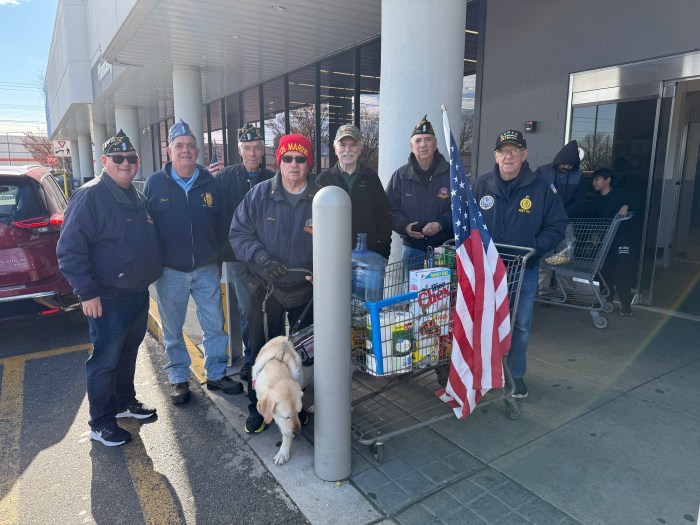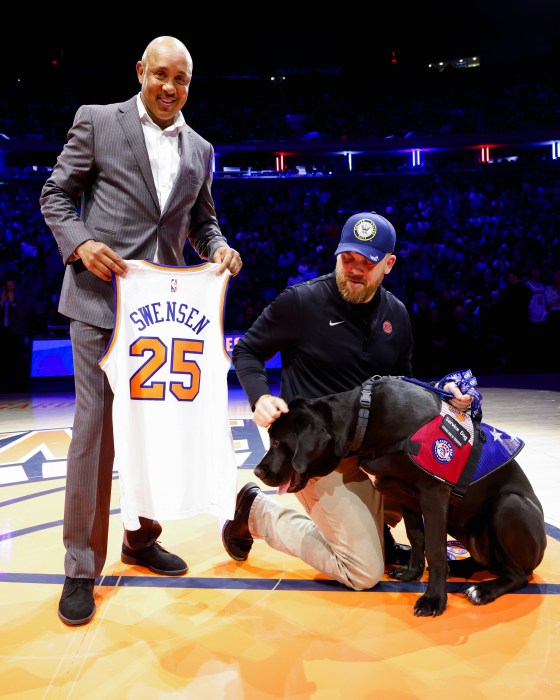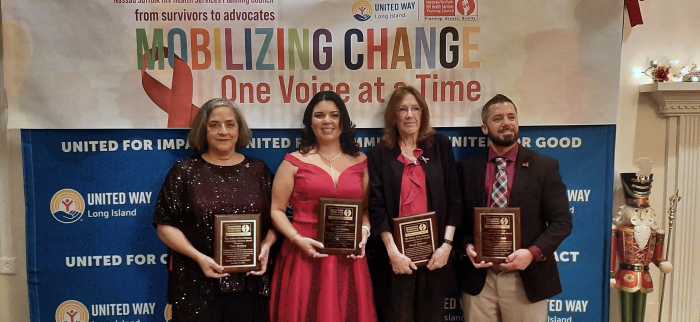The result of Brett Kavanaugh’s confirmation hearing notwithstanding, the trials of the potential Supreme Court nominee have once again shed light on a painful American truism—the sheer number of sexual assault victims in this country is staggering to say the least.
As Kavanaugh and his alleged victim Christine Blasey Ford took turns in the hot seat in front of Congressional Democrats and Republicans, my mind drifted back to the early 1980s, when Kavanaugh was making his way through college enjoying beers with his buddies. Since I was born in 1979, my knowledge of that time period is based almost exclusively on the pop culture that seeped into my subconscious. As a heavy consumer of film and television during my youth, I watched all of the biggest movies from those days, including Animal House (1978), Revenge of the Nerds (1984), Porky’s (1981) and Sixteen Candles (1984).
The main thread running through those movies? Rape is funny.
No, seriously.
Rape and date rape were used as comedic subplots in all of the aforementioned films. Go back and watch Animal House, as an angel and devil argue on a character’s shoulders as he contemplates assaulting a passed-out coed; check out Revenge of the Nerds, as the supposed hero nerd Lewis gives unwanted oral sex to the girlfriend of a jock; then there’s Porky’s with its peepholes looking into the girls’ locker room, along with bonus jokes about assaulting passed-out women; or that big-hearted comedy Sixteen Candles, where the heartthrob invites his buddies and the local geek to rape his drunken girlfriend after he decides he likes Molly Ringwald’s character better. And that is merely a small sampling.
Pop culture is a reflection of the times we are living in at that particular moment. Reexamining pop culture in the 1970s-80s, it is clear that we didn’t give that much of a damn about rape, as long as it was played for laughs. So it shouldn’t be that much of a surprise that people who came of age in that time—even potential Supreme Court nominees—might have a skewed view of what exactly signified “crossing the line” while binge drinking at a calendar-marked party.
Here’s hoping that someone holding high office took those outdated pop culture moments as how not to act and became a decent human being.
—Steve Mosco



































